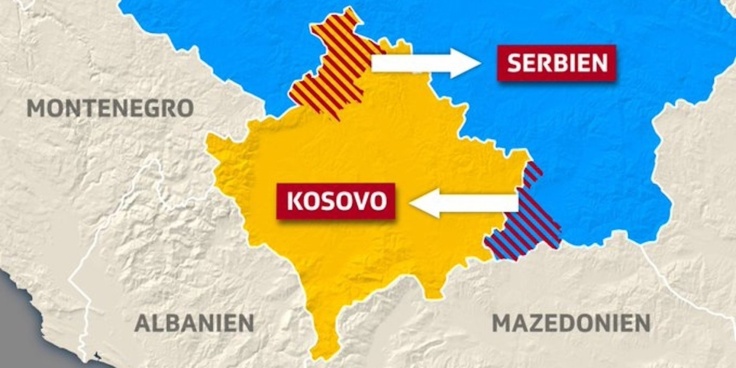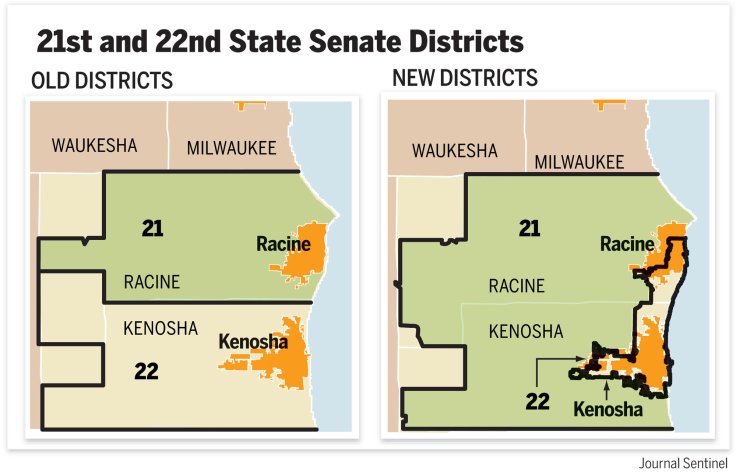"Justices will be reviewing the case of North Carolina, where Republicans drew a map to maximize their power in the House. Plaintiffs challenging the map say it’s unconstitutional. A companion case centers on Maryland’s 6th Congressional District, which Democrats admit they redrew in 2011 to make it harder for the Republican incumbent there to win re-election. The two cases hold the potential to set the course of American politics for generations."
Source: www.nytimes.com
Questions to Ponder: Do you trust the politicians that are in charge of your state to create better districts than a computer-generated set of districts that are optimized for compactness? What are some of the potential limitations of compact districts? Would an independent committee/bipartisan group do a better job?
GeoEd Tags: gerrymandering, political, mapping, cartography, unit 4 political.
Tags: gerrymandering, political, mapping, cartography, unit 4 political.










